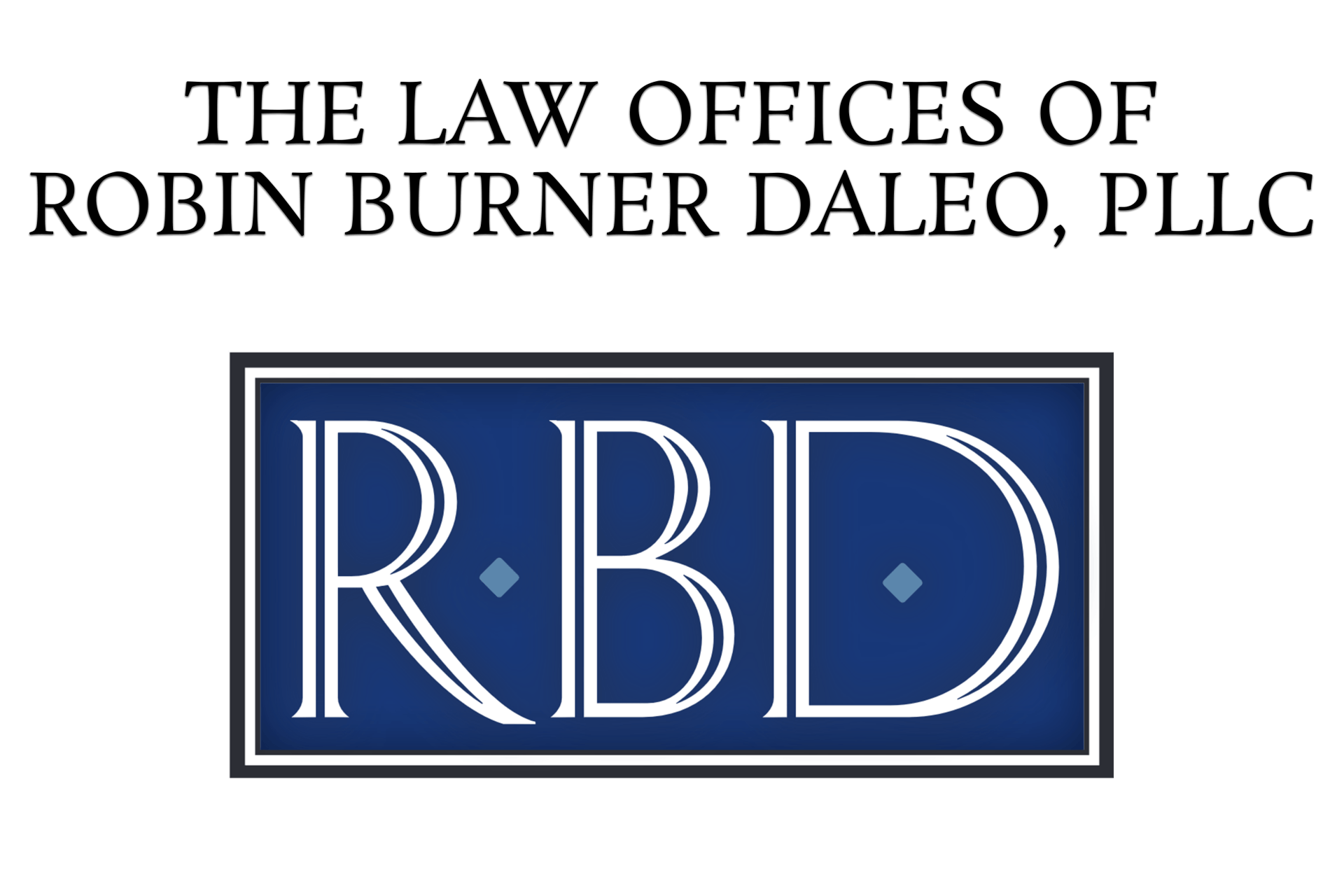by Robin Burner Daleo
•
27 February 2026
Estate planning is rarely simple, but it becomes especially personal and emotionally complex in second marriages and blended families. Many people enter a second marriage with children from a prior relationship, existing assets, and a genuine desire to be fair to everyone involved. The challenge is that good intentions do not always translate into good outcomes without proper planning. If you are remarried, planning to remarry, or part of a blended family, estate planning is not about choosing one family over another. It is about creating clarity, protecting everyone you care about, and preventing disputes that can arise after your death or incapacity. In New York, the law provides default rules, but those rules often do not reflect what families in second marriages actually want. This article explains why estate planning for second marriages requires extra care, where problems often arise, and which strategies can help blended families move forward with confidence. Why Second Marriages Change the Estate Planning Conversation In a first marriage, estate planning often follows a familiar pattern. Assets are left to a surviving spouse and, eventually, to the children. In second marriages, that assumption can quickly fall apart. Many remarried individuals want to ensure their spouse is financially secure while also protecting inheritances for children from a prior relationship. Others worry about unintentionally disinheriting children or leaving a surviving spouse dependent on adult stepchildren for support. These concerns are reasonable and common. Without a clear plan, New York law may intervene and produce results that surprise everyone involved. The Risks of Relying on New York’s Default Laws When someone dies without a will, New York’s intestacy laws determine who inherits. For blended families, these rules often produce unintended consequences. In most cases, a surviving spouse is entitled to a significant share of the estate, even when all children are from a prior relationship. This can leave children feeling excluded or confused, especially if they believed certain assets would eventually pass to them. At the same time, a surviving spouse may feel pressure from stepchildren who fear losing family property. Even when a will exists, New York law protects spouses through the elective share, which allows a surviving spouse to claim a portion of the estate regardless of the will's terms. This means a plan created before remarriage or without careful review may not work as expected. Estate planning for second marriages must address these legal realities from the outset. Common Estate Planning Challenges in Blended Families Blended families face a distinctive mix of legal and emotional challenges. One issue is uneven family relationships. A parent may be close to their own children but have little relationship with stepchildren. That dynamic can complicate decisions about executors, trustees, and inheritances. Another challenge is timing. Many people want their spouse to have lifetime use of certain assets, such as the family home, while ensuring those assets ultimately pass to their children. Without proper planning, this goal can lead to disputes, forced sales, or resentment. There is also the question of fairness versus equality. Equal distributions do not always feel fair in blended families, especially when one spouse brought more assets into the marriage or supported children financially for years before remarrying. These challenges are normal, but ignoring them often leads to conflict later on. Why Updating an Old Estate Plan Is Often Not Enough Many people assume that entering a second marriage requires only a minor update to an existing will. Unfortunately, estate plans created during a prior marriage are often outdated or risky if left largely unchanged. Old documents may still name a former spouse as executor, trustee, or beneficiary. Others may leave everything outright to children without addressing a new spouse’s legal rights. Beneficiary designations on retirement accounts and life insurance policies are often overlooked. Marriage can affect an estate plan in ways people do not expect. Failing to review every part of your plan can cause confusion, delays, and disputes when your family needs clarity most. Estate Planning Strategies for Second Marriages and Blended Families Thoughtful planning can address these concerns and establish a framework that supports everyone involved. Using Trusts to Balance Competing Interests Trusts are often central to estate planning for second marriages. They allow you to support a surviving spouse while protecting assets for children from a prior relationship. A common strategy is a lifetime trust that provides income or housing for a spouse while preserving the remaining assets for children after the spouse’s death. This structure can prevent misunderstandings and reduce the risk of assets being unintentionally redirected. Trusts can also provide protection from creditors, remarriage concerns, and long-term care costs. Planning for the Family Home The family home is often the most emotionally charged asset in blended families. One spouse may want to stay in the home for life, while children want assurance that the property will remain in the family. Options include granting a spouse the right to live in the home for life, placing the home in trust, or clearly specifying when the home should be sold and how the proceeds should be divided. Without a plan, the home can quickly become a source of conflict. Choosing the Right Fiduciaries Executors, trustees, and agents under powers of attorney play a key role in blended family estate plans. Choosing the wrong person can strain relationships and undermine your intentions. Some families prefer to appoint a neutral third party, such as a professional fiduciary, rather than place a spouse or child in a position of authority over others. In many cases, this choice helps preserve family harmony. Reviewing Beneficiary Designations Retirement accounts, pensions, and life insurance policies pass by beneficiary designation, not through a will. In second marriages, these designations must be carefully reviewed. Failing to update them can result in assets passing to a former spouse or excluding intended beneficiaries. Coordinating beneficiary designations with your overall estate plan is essential. Protecting Children’s Inheritances Many parents in second marriages worry about their children’s long-term financial security. Trust planning can ensure that inheritances are preserved, even if a surviving spouse later remarries or faces financial hardship. Clear instructions reduce the likelihood that children will feel the need to take legal action to protect their interests. The Role of Prenuptial and Postnuptial Agreements Prenuptial and postnuptial agreements can play an important role in second marriages. These agreements clarify expectations, protect premarital assets, and reduce uncertainty for both spouses. When combined with a comprehensive estate plan, these agreements can limit future disputes and help ensure each spouse’s wishes are respected. They are not about mistrust; they are about transparency and planning ahead. Planning for Incapacity, Not Just Death Estate planning is not only about what happens after death. Planning for incapacity is especially important in blended families. Powers of attorney and health care proxies designate who makes decisions if you are unable to do so. Without clear documents, disputes can arise between a spouse and adult children during already stressful situations. Careful selection of agents can prevent conflict and confusion. The Importance of Communication Even the best estate plan can fail if family members are completely surprised. While you are not required to share every detail, discussing your general intentions can reduce misunderstandings and resentment. Blended families benefit from clarity. Silence often leads to assumptions, and those assumptions often lead to disputes. Why Experienced Legal Guidance Matters Estate planning for second marriages involves complex legal and family dynamics. New York law contains nuances that can dramatically affect blended families if plans are not properly structured. Working with an experienced elder law attorney helps ensure your plan reflects your wishes, protects your family, and evolves as circumstances change. Ready to Create an Estate Plan That Works for Your Family? Estate planning for second marriages and blended families is not about choosing sides. It is about creating clarity, protecting the people you love, and avoiding conflict during an already difficult time. Plans that work for first marriages often fall short when remarriage and step relationships are involved. The Law Offices of Robin Burner Daleo help individuals and families throughout New York navigate estate planning with care, compassion, and clear guidance. If you are remarried, planning to remarry, or unsure whether your current estate plan still reflects your wishes, speaking with an experienced elder law attorney can help you move forward with confidence. A thoughtful conversation today can spare your family unnecessary stress tomorrow. Frequently Asked Questions What happens if I remarry but never update my estate plan? If you remarry without updating your estate plan, New York law may override parts of your existing documents. A surviving spouse may be entitled to an elective share of your estate, even if your will provides otherwise. Outdated beneficiary designations and fiduciary appointments can also cause serious problems. Can I leave assets to my children and still protect my spouse? Yes. Trust-based planning enables you to provide financial support to a surviving spouse while preserving assets for your children. This is one of the most effective estate planning strategies for blended families. Do I need my spouse’s permission to create an estate plan? You do not need permission to create an estate plan, but New York law protects spouses in certain ways. Prenuptial or postnuptial agreements can clarify expectations and reduce the risk of future disputes. Should my spouse or my child serve as executor or trustee? There is no single right answer. In blended families, appointing a neutral third party can sometimes ease tension and protect relationships. The best choice depends on family dynamics, trust levels, and the complexity of your estate.












